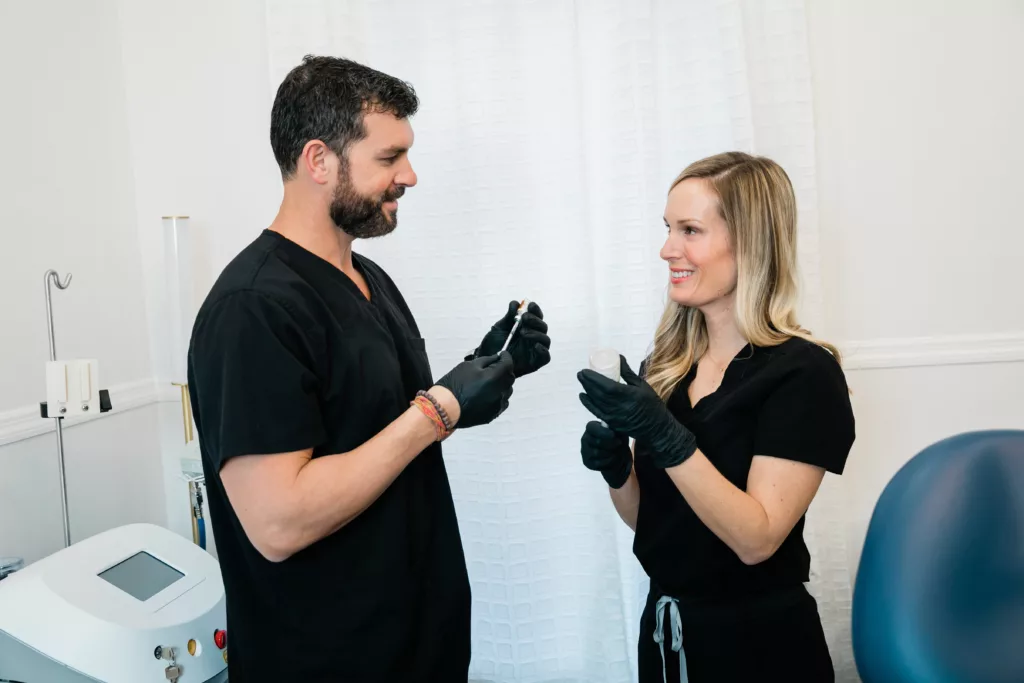When selling your dental practice to a DSO, understanding EBITDA (Earnings Before Interest, Taxes, Depreciation, and Amortization) is crucial. As your trusted advisor in practice transitions, we'll explain how EBITDA impacts your practice's value and sale potential.
What Practice Owners Need to Know About EBITDA
EBITDA measures your practice's true profitability by focusing on operational performance. For practices generating $1.5 million or more in revenue, it's the primary metric DSOs use to value their practice and compare it to others in the market.
The Key Differences from Traditional Valuations
If you're familiar with private practice sales, you've likely encountered Seller's Discretionary Earnings (SDE). EBITDA differs primarily in how it handles owner compensation:
While SDE includes owner compensation, EBITDA adds back your current compensation and adjusts for market rates. This adjustment helps DSOs understand the practice's true operational value.
How EBITDA Affects Your Practice Value
DSOs base their offers primarily on EBITDA because it reveals what they can expect to earn after assuming operations. While factors like market conditions and competition matter, EBITDA typically has the greatest impact on your practice's final valuation.
Getting Your Numbers Right
Accurate EBITDA calculation requires thorough financial analysis. Our team works with skilled underwriters to:
- Review profit and loss statements, balance sheets, and tax returns
- Identify overlooked add-backs that could increase your EBITDA
- Ensure market-appropriate compensation adjustments
- Prepare documentation that stands up to buyer due diligence
Maximizing Your Practice's Value
As the dental practice market evolves, precise EBITDA calculations become increasingly important. Recent market changes have made DSO partnerships more attractive to practice owners seeking predictability and reduced administrative burden.
Next Steps for Practice Owners
If you're considering a transition in the next few years, start organizing your financials now. Clean, accurate financial records not only streamline the EBITDA calculation process but also help maximize your practice's value.
Want to understand your practice's potential EBITDA and market value? Contact us for a confidential discussion about your transition goals.



